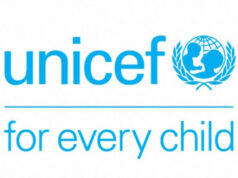Organised crime moves into plastic-waste sector

By
Eric Randolph
The huge increase in the sale and transport of waste plastic has created lucrative and varied opportunities for unscrupulous businesses and organised crime groups (OCGs) to exploit.
With the plastics industry continuing to grow and international trade routes for waste becoming increasingly complex, law enforcement agencies (LEAs) face major challenges in monitoring and tackling the problem, while also facing mounting political and civil society pressure for effective action.
The global market for recycled plastics was valued at USD32.6 billion in October 2019 by Dublin-based Research and Markets and was set to rise to USD37.9 billion by 2024.
The tightening of international regulations around waste generally, and plastics in particular, is creating a booming demand for waste-management facilities globally but raises the cost of doing so legally and effectively. This is creating major incentives for criminals to become involved in the sector.
In a report published on 27 August 2020, Emerging criminal trends in the global plastic waste market since January 2018, Interpol highlighted the increasing criminality in the international plastic-waste trade, in large part due to the trade’s sheer scale and complexity, which renders oversight extremely challenging for LEAs.
In a study of 40 key countries, Interpol found a total of 257 transnational plastic-waste trade routes involving 64 import countries and 57 export countries.
Illegal shipments of plastic waste were reported along 20% of the trade routes between 2018 and 2020, covering all international regions but primarily focused on Asia, which accounted for 13 of the 24 countries reporting illegal activity.




